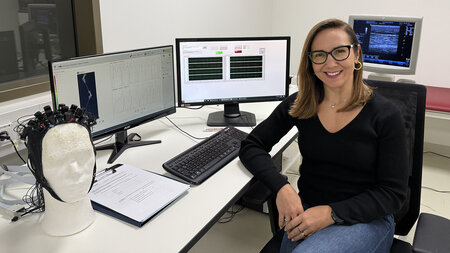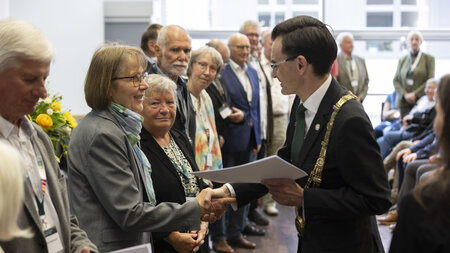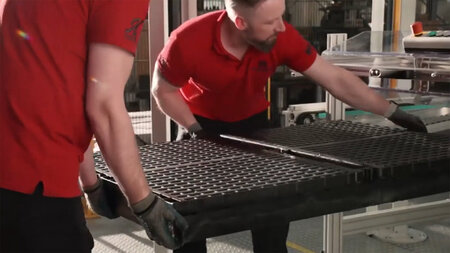Forschung - Einführung
In our group we do multi-scale thermo-mechanics on advanced system integration technologies / electronics packaging. We develop innovative experimental and numerical methods along the length scale to assess and predict thermo-mechanical reliability and heat transfer for heterogeneously integrated systems in e.g. micro-, power-, opto-, nano- & cryo-electronics as well as MEMS.
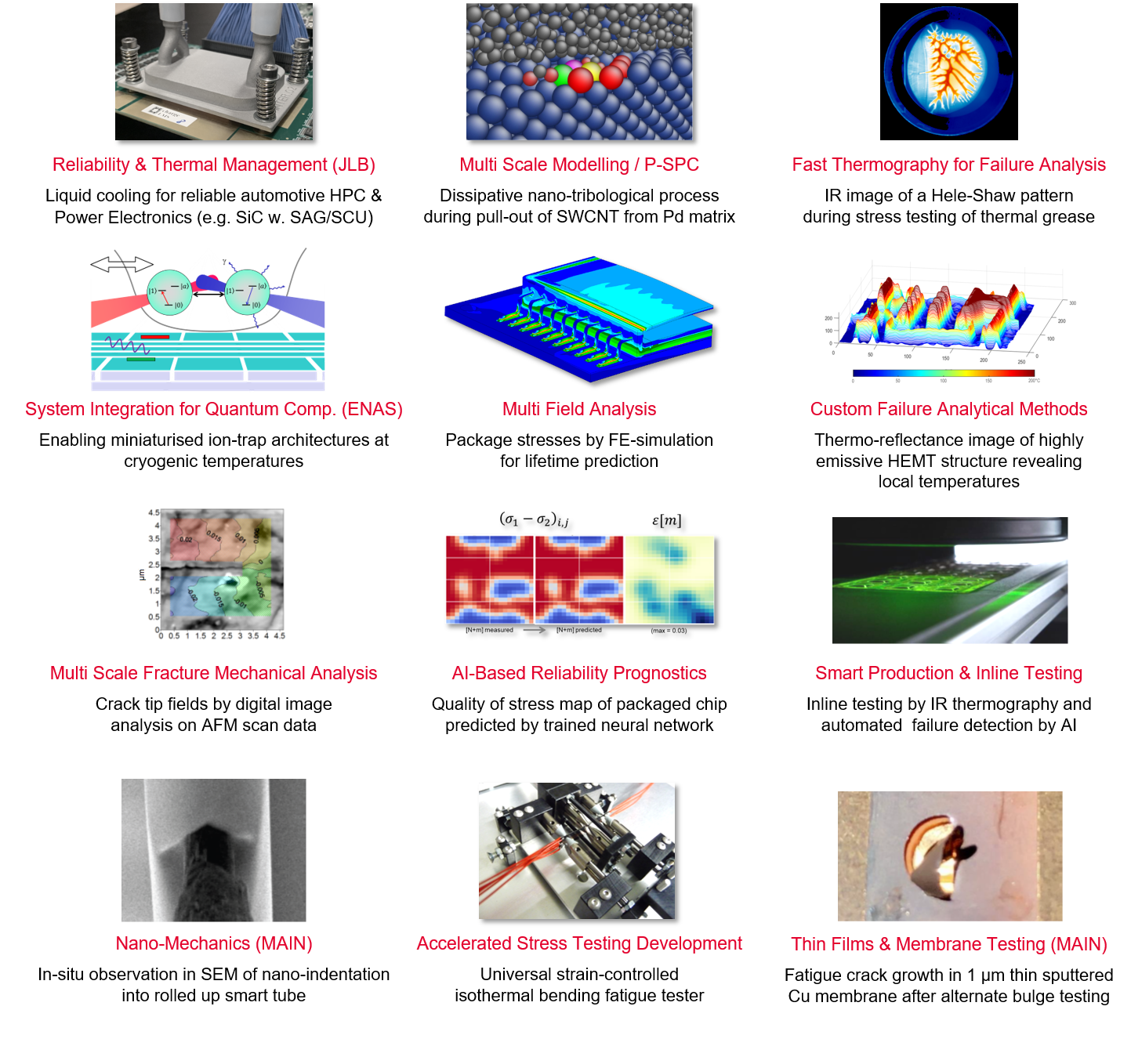
We are technology-open, i.e. our methods can be applied to all kinds of material combinations to characterise how materials and interfaces degrade over time as function of systematically applied loads. For that, we have developed a pool of innovative characterisation methods and accelerated tests based on a ‘specimen-centred‘ approach to assure that miniaturised (bi-)material samples can be tested as processed.
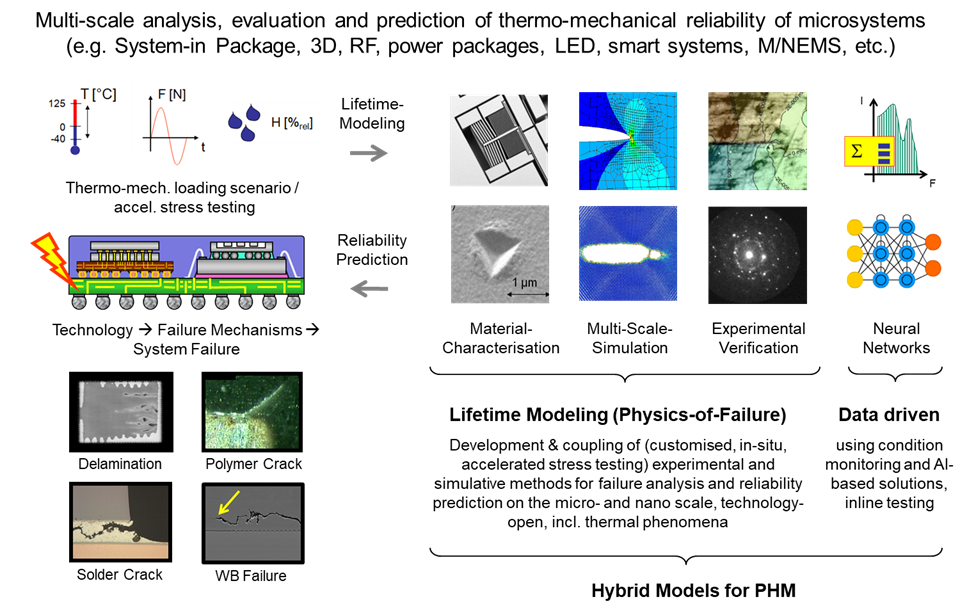
Our focus is on physics-of-failure-based lifetime models. This assures transferability of those models to other loads/mission profiles, geometries and application scenarios. This is a key advantage enabled by the fundamental understanding of material & interface properties and their degradation behaviour within a process-structure-property correlation paradigm.
This understanding includes the production process, zero hour quality and traceability, and the methods to monitor them like inline inspection methods and hybrid modelling (Physics-of-Failure-based digital twins and AI-based, i.e. data-driven methods). To combine them is a future challenge enabling prognostics and health management for electronic systems of the kind as they are use in e.g. autonomous driving. In that vein, these methods are a key element in the value chain to assure functional safety.
These R&D activities are as interdisciplinary as electronic packaging itself and are therefore necessarily at the boundary between engineering and physics.
We cooperate with the local Fraunhofer Institute for Electronic Nanosystems (ENAS), the Centre for Micro and Nanotechnologies (ZfM) at TUC, the Centre for Materials, Architectures and Integration of Nanomembranes (MAIN) at TUC and the Joint Lab Berlin (JLB) for Thermal Management.


